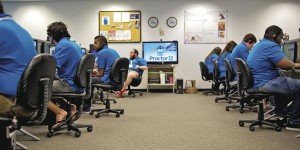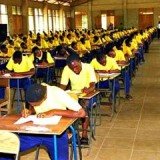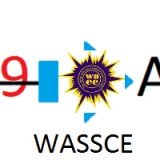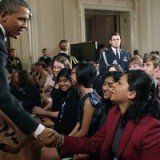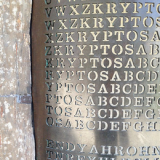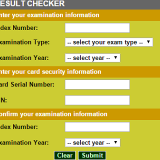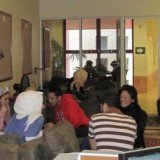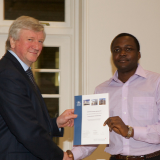Monitoring Online Test Takers
Hundreds of thousands of students have signed up for different online courses delivered by professors or lecturers from some top universities or institutions.
Online education offers students the chance to take courses from the comfort of their homes, offices, or any other comfortable location. All they need is access to a computer connected to the internet.
However, many educators have raised concerns with “online cheating”. The question is: how will professors or lecturers know that the test-takers on their distant laptops are doing their own work and not asking Mr Google or any other resource for help?
Options To Meet Growing Concerns
One option to help meet this concern is for students to travel to regional testing centres at exam time. But reaching such centres is next to impossible for many students, whether working adults who can’t take time off to travel, or others in far-flung places who can’t afford the trip.
But eavesdropping technologies worthy of the C.I.A use can remotely track every mouse click and keystroke of test-taking students. Programmed online cheating proctors, can help monitor faraway students via webcams, screen sharing and high-speed Internet connections, checking out their photo IDs, signatures and even their typing styles to be sure the test-taker is the student who registered for the class.
The developing technology for remote proctors may end up being as good — or even better — than the live proctors at bricks-and-mortar universities, said Douglas H. Fisher, a computer science and computer engineering professor at Vanderbilt University who was co-chairman of a recent workshop on MOOCs (Massive Open Online Courses). According to him, “Having a camera watch you, and software keep track of your mouse clicks, that does smack of Big Brother,”. He also said, “But it doesn’t seem any worse than an instructor at the front constantly looking at you, and it may even be more efficient.”

